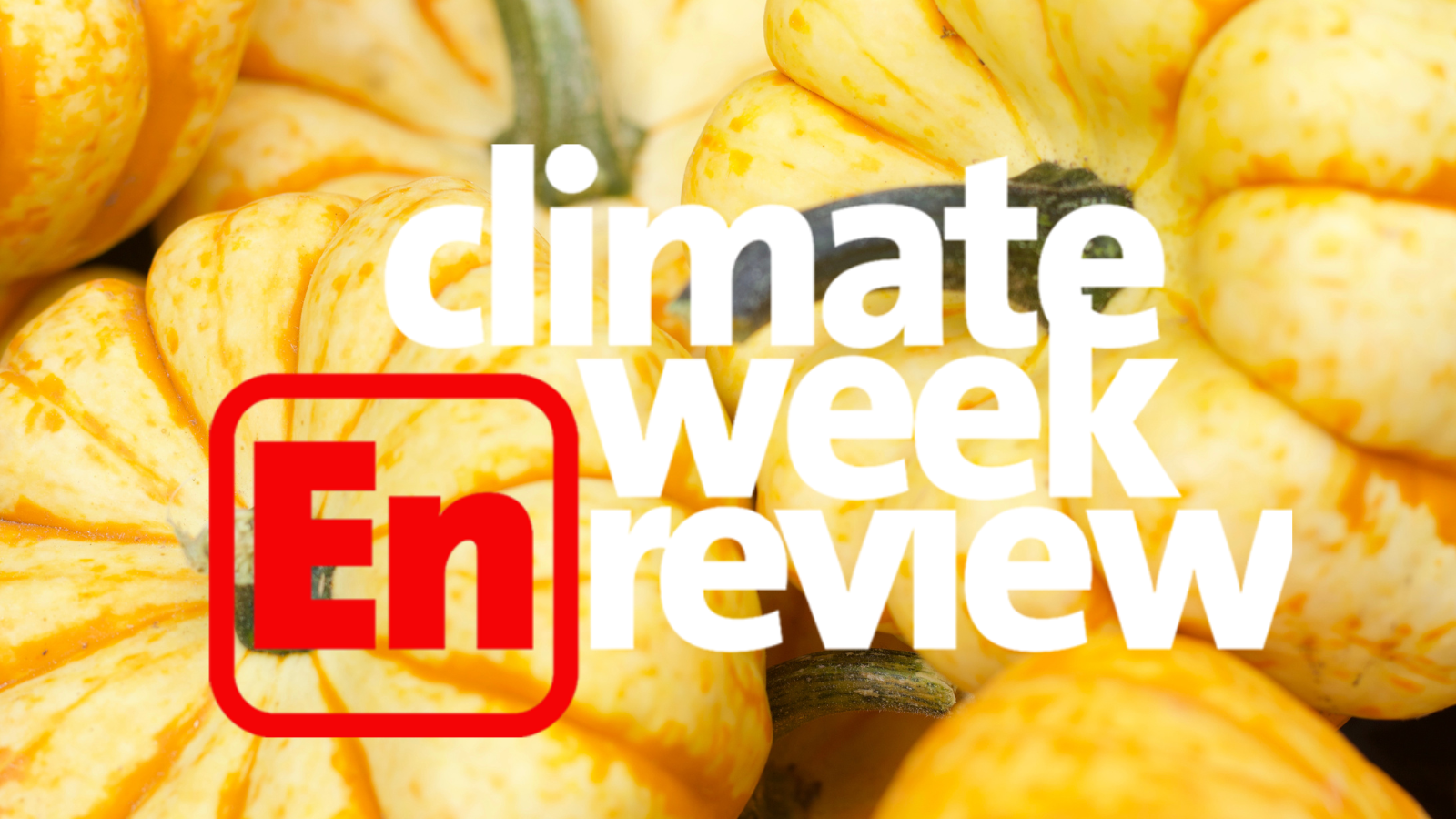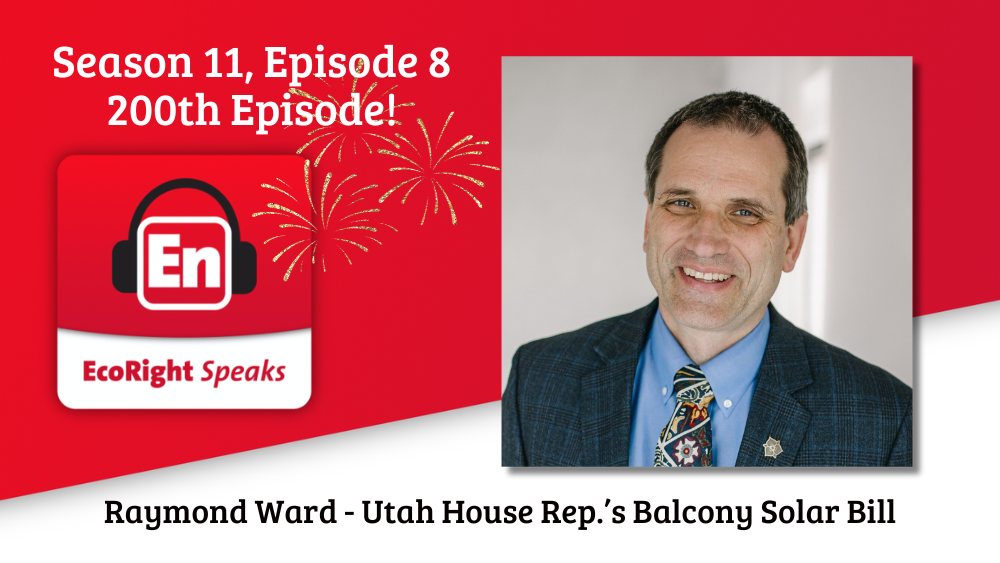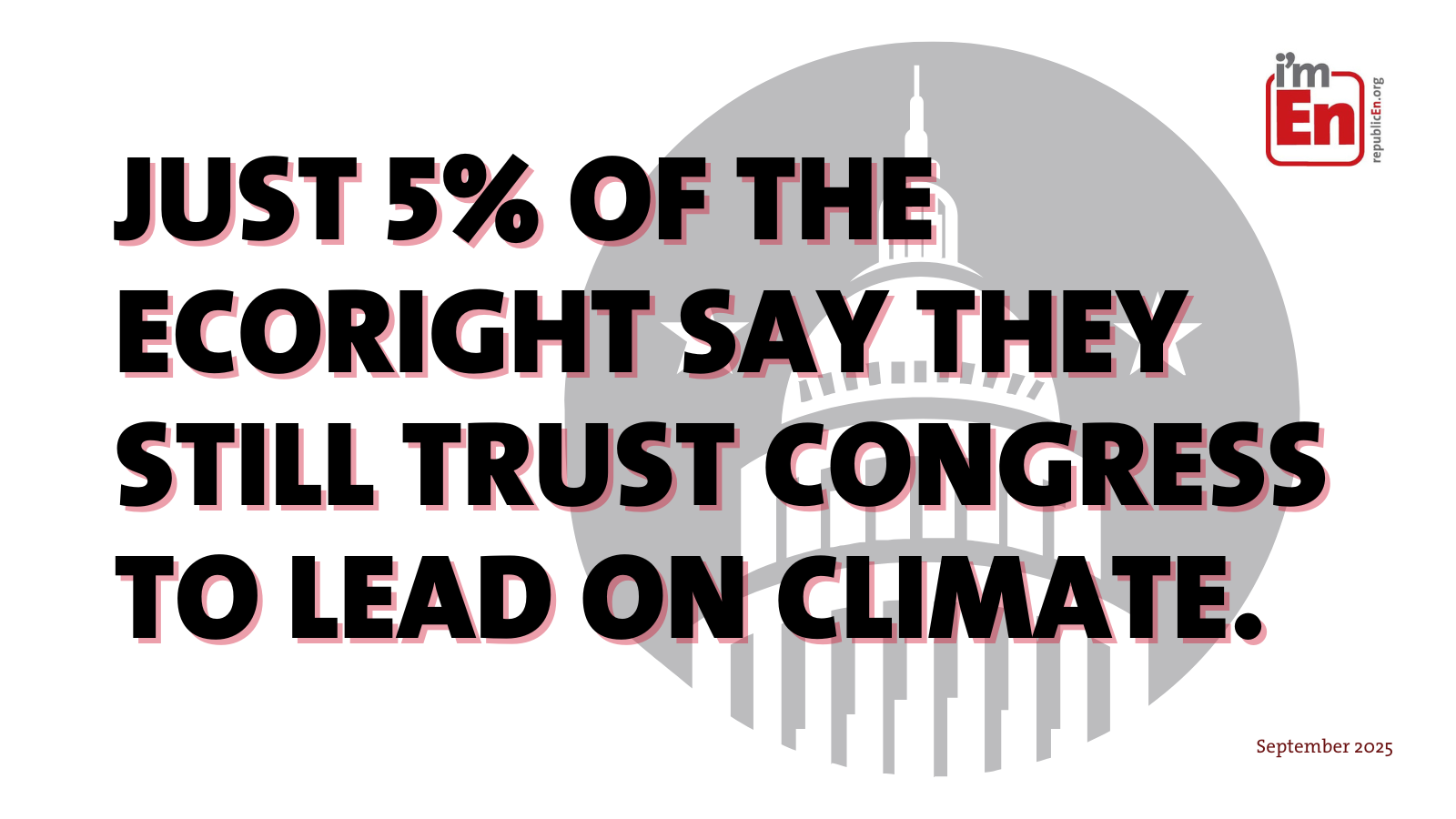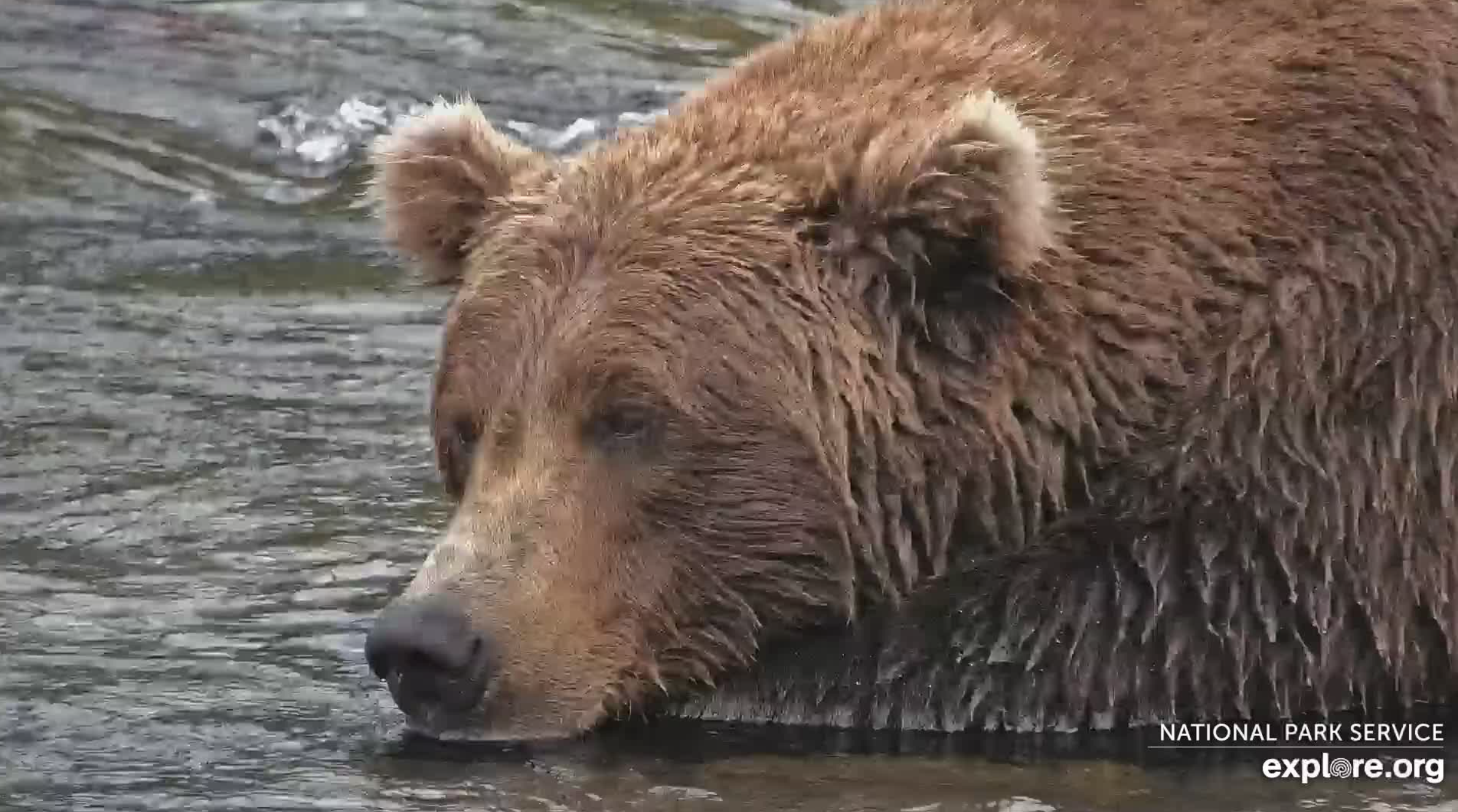
This week’s must read: A Rhode Island Wind Farm Changed Their View. And Their Lives, for the Better (New York Times)
With wind, especially offshore wind, in the clean energy news lately, this article about Block Island’s experience with offshore wind caught my eye.
From the article:
“Before the five turbines started spinning a few miles off the coast, this island ran on five big generators. Soot-spewing and earsplitting, the machines burned a million gallons of diesel a year, ferried in from the mainland on tanker trucks and stored underground. Energy costs, tied to the volatile oil market, seesawed so much that local businesses struggled to manage their budgets, residents said. Power surges and dips fried household appliances. Clocks wouldn’t keep time. Those who lived near the power company described scraping soot off their windows and having to wash their curtains every month.”
And now?
“Block Island is now connected to the mainland grid by a $120 million undersea cable. The diesel generators sit silent, kept only for emergency use. In a big step forward for the island, the cable also delivers broadband internet. Before the wind farm, internet service was so glacial that locals would sometimes travel by boat to the mainland just for a reliable connection.”
Like I said, I was moved by this real account of the impacts of clean energy on a community.

200 episodes of the EcoRight Speaks… and counting
Not a typo. 200 episodes.
I’m not quite sure how we got to this milestone, but here we are! It’s not always easy, but at the end of the day, it’s fun and informative. Here’s to 200 more.
Thank you to today’s guest, Utah Rep. Raymond Ward, whom Bob had the pleasure of meeting on a recent visit to the Beehive State. Bob was quite interested in Rep. Ward’s “balcony solar” bill. And if you don’t know what balcony solar is, neither did I! But I do now—and I’m all in! Take a listen and let us know if you are too!
Also, if you’re someone who has listened to all 200 full length episodes of the show, drop us a note! We want to personally thank you!
Coming up next week, we are catching our breath! 200 episodes winded us… plus, so many of all y’all are at New York Climate Week. We’ll be back in October with the beginning of the next 100 episodes!

The results are in…
Did you take Angela Larck’s most recent EcoRight poll? Whether you participated or not, the results are fascinating…
- Nearly one in four (24%) respondants said cliamte progress feels stalled.
- Trust in traditional institutions is low — only 15% look to state and local governments, and a mere 5% believe Congress or bipartisan coalitions can lead.
- As for what gives you hope, our community was split 3 ways between market shifts, advances in technology, and a lack of hope.
Stay tuned for our next set of questions!

Join us (virtually) for Florida Climate Week
Once again, we are participating in Florida Climate Week—and you can attend from the comfort of your home/office.
Our event is titled Effectively Communicating Climate Change In the Era of Extreme Weather and Political Polarization, and you can watch it from the comfort of your home on Tuesday, October 7th, 12-1pm ET.
Check out the full schedule here.
The theme of our session: Extreme weather made more intense by a changing climate is impacting more and more Floridians each season. From damaging hurricanes to algal blooms to sea level rise, climate change is impacting not only the unique environment of the Sunshine State, but also the state’s economy and public health. The state of the home insurance industry in Florida is a perfect example of an unintended consequence of our inability to bridge the political divide to implement solutions that reduce greenhouse gases. Amid these increasingly dramatic consequences of inaction, how are climate journalists and opinion writers effectively conveying the risks posed by climate change, particularly amid deep polarization on adoption of climate solutions? Moderated by The Invading Sea editor Nathan Crabbe, the panel explores this very question, tapping into a panel of experts on communicating climate change, including our own Bob Inglis; Mary Anna Mancuso, Editorial Board Member at the Miami Herald; and Max Chesnes, environmental reporter for the Tampa Bay Times.
We hope you tune in to our conversation and the other excellent content! Thanks to the Volo Foundation for putting on this informative and important event.

And now for something fun…
Listen, it’s been a week. For those who looking for a bear of a good time, follow Fat Bear Week and cast your vote for the one that most successfully packed on the pounds for their upcoming hibernation! My money is on 901.
Why are fat bears important? “During hibernation, bears do not eat or drink and lose one-third of their body weight. Their winter survival depends on accumulating ample fat reserves before entering the den.” Bears have never sounded so relatable.
Have a glorious weekend.
